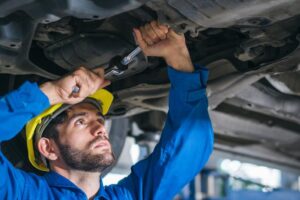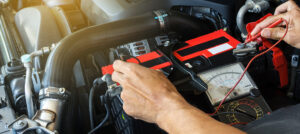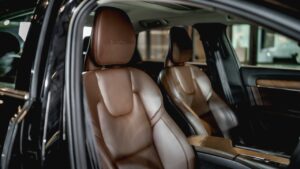
Starting a new car dealership in Florence presents a unique blend of opportunities and challenges in a market known for its appreciation of quality and style. To navigate this venture successfully, you’ll need to meticulously plan your approach, from understanding the local automotive market to ensuring compliance with Italy’s regulatory landscape. Here’s a step-by-step guide tailored to launching a new car dealer shop Florence:

1. Market Research and Planning
- Identify Demand: Conduct thorough research to understand the preferences of the Florentine market. Luxury cars, electric vehicles, and compact city cars might have varying levels of demand.
- Analyze Competitors: Study existing dealerships to identify what you can offer that’s different. This could be special services, exclusive vehicle models, or a focus on sustainability.
2. Legal and Business Setup
- Business Registration: Ensure your dealership is properly registered as a business entity in Italy, adhering to all local regulations and tax requirements.
- Obtain Necessary Licenses: Acquire all necessary licenses and permits to operate a car dealership in Florence. This may include specific automotive dealer licenses, zoning permits for your location, and environmental clearances, especially if you plan to offer electric vehicles.
- Insurance: Secure comprehensive insurance coverage for your inventory, premises, and operations to protect against potential risks.
3. Location and Facility
- Choose a Strategic Location: The location of your dealership is crucial. Look for spaces with high visibility, easy access, and sufficient space for displaying vehicles and customer parking.
- Showroom Design: Design your showroom to be welcoming and representative of the brands you carry. Incorporate areas for customer interactions and negotiations that are comfortable and private.
4. Inventory and Supply Chain
- Manufacturer Partnerships: Establish relationships with car manufacturers. Secure agreements to sell their brands, understanding any requirements or restrictions they may have.
- Inventory Management: Maintain a diverse inventory that caters to the identified market demands. Include a range of models, colors, and price points to attract a broad customer base.
5. Marketing and Sales Strategy
- Brand Identity: Develop a strong brand identity that resonates with your target market. This should reflect in all your marketing materials, from your logo to your showroom’s aesthetic.
- Digital Presence: In today’s market, a robust online presence is essential. Invest in a professional website, social media engagement, and online advertising to reach potential customers.
- Customer Experience: Train your sales and service staff to provide exceptional customer service. A positive buying experience can lead to repeat business and referrals.
6. After-Sales Services
- Maintenance and Repairs: Offering after-sales services, such as maintenance and repair, can differentiate your dealership and build long-term customer relationships.
- Warranties and Financing: Provide clear information on warranties, return policies, and financing options. Partnering with reputable financial institutions can facilitate the purchasing process for your customers.
7. Community Engagement and Networking
- Local Networking: Engage with the local community and other businesses in Florence. Sponsorships, events, and partnerships can increase your dealership’s visibility and reputation.
- Industry Involvement: Stay connected with the automotive industry at both the local and national levels. Attend trade shows, join dealer associations, and keep abreast of industry trends.
Mike Reichenbach Volkswagen Of Florence
611 N Coit St, Florence, SC 29501, United States
+1 843-292-4200





